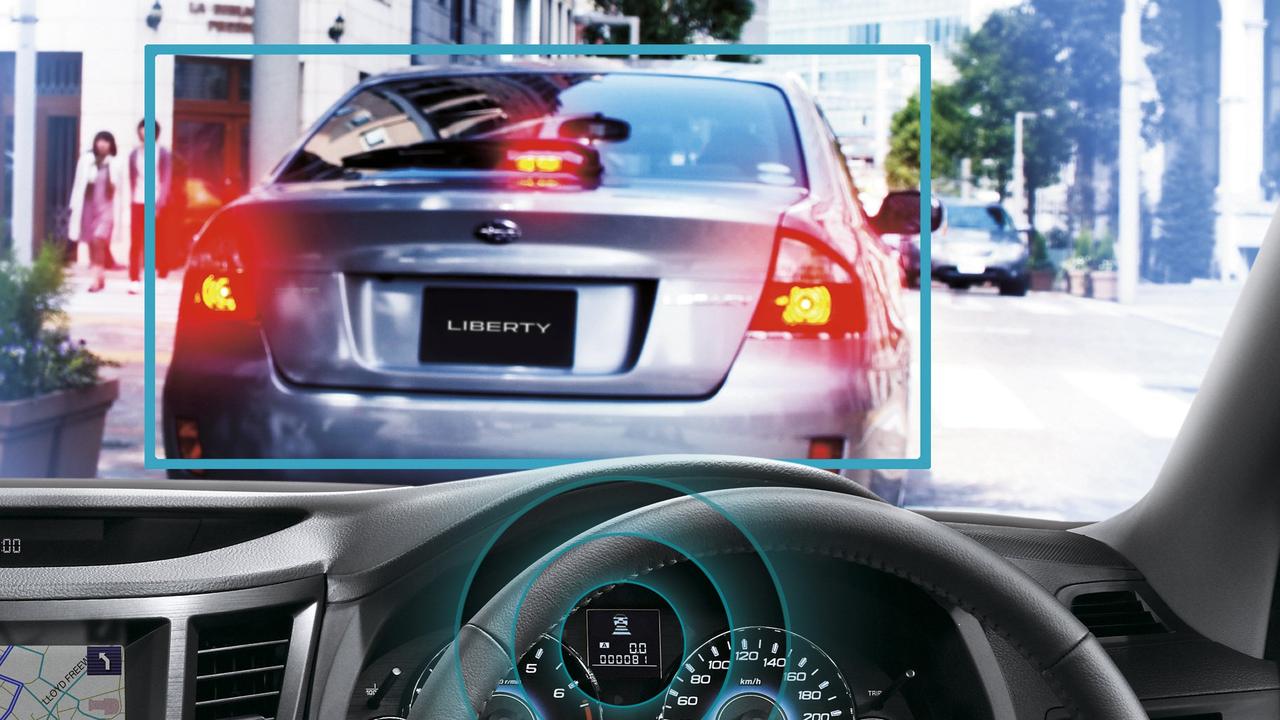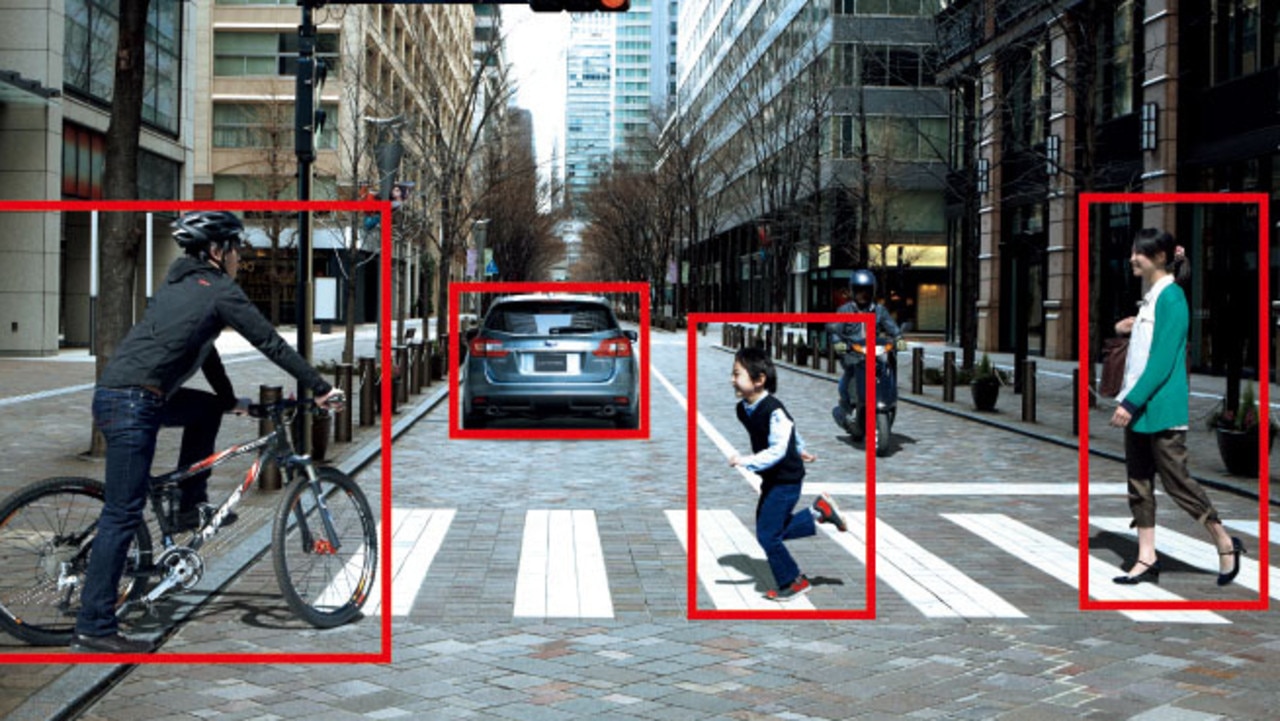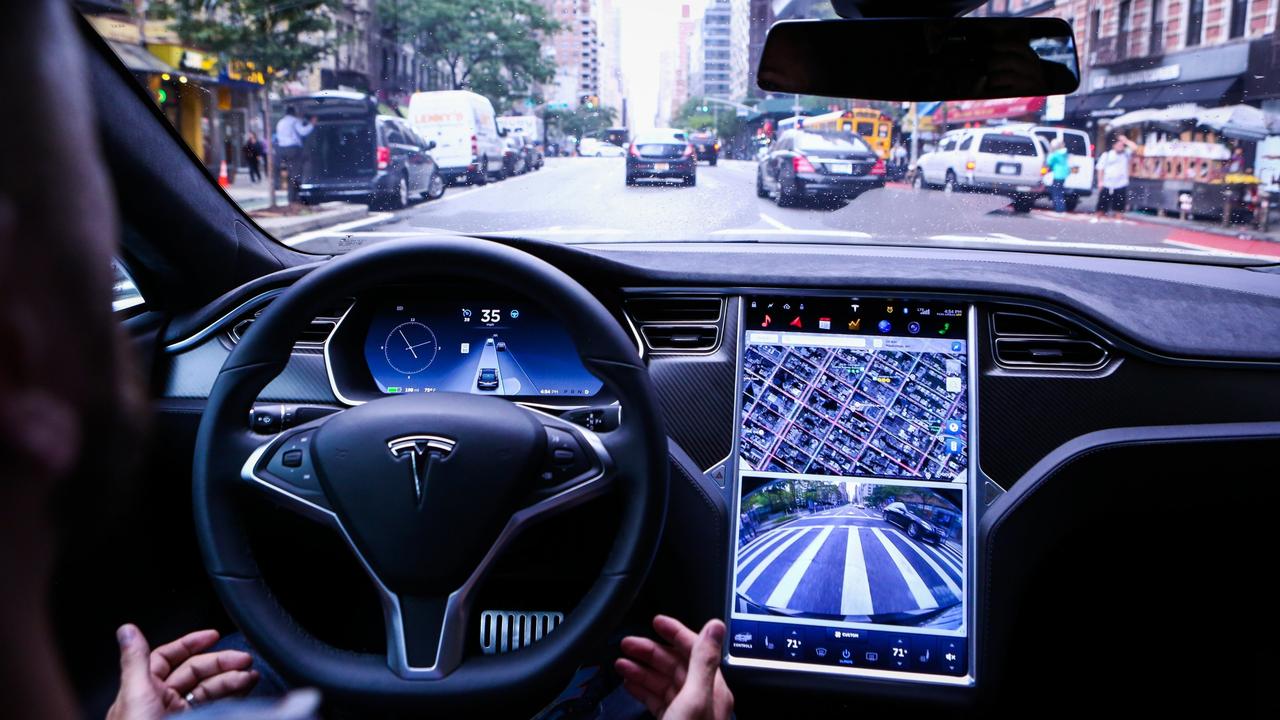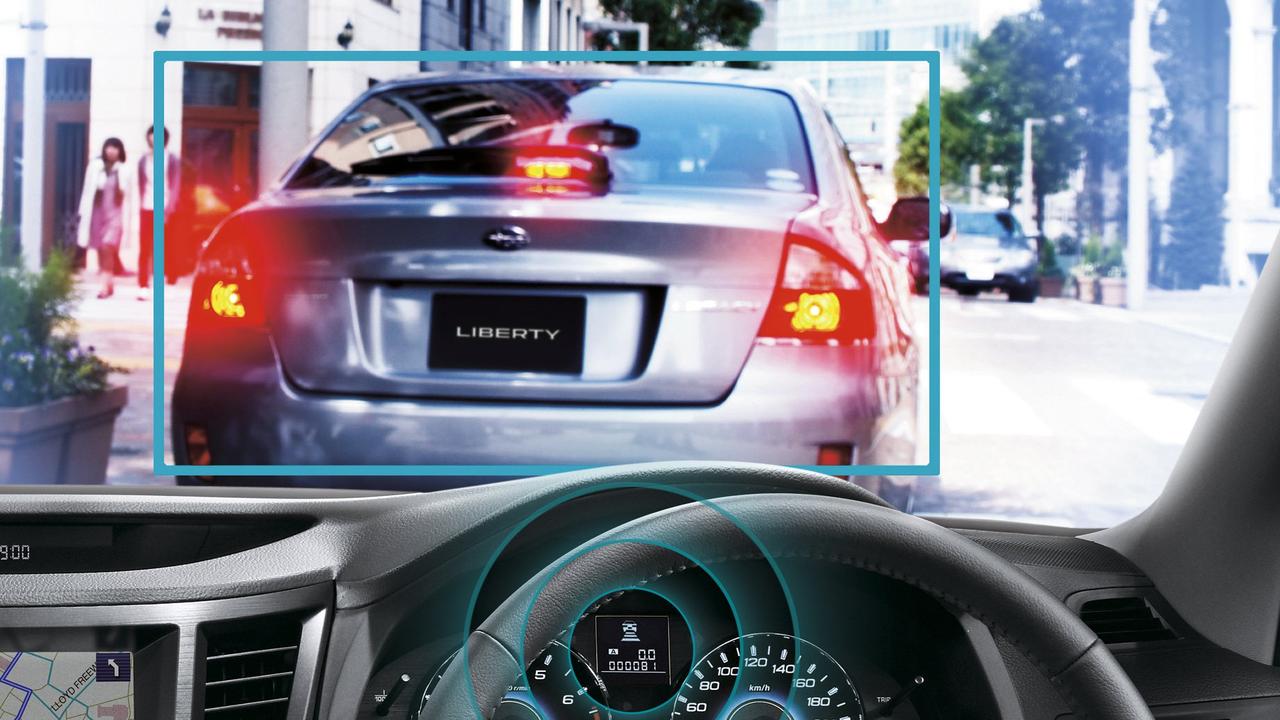Psychological issues of road users to hold back autonomous cars
New research from the University of Macquarie pinpoints one of the biggest hurdles holding back autonomous cars and why you might be the problem.

Self-driving cars might be here sooner than you think if one major barrier can be removed.
The biggest hurdle to the adoption of autonomous vehicles is psychological, according to
to new research from Dr Mauricio Marrone, a senior lecturer in the Department of Accounting and Corporate Governance at Macquarie Business School.
Dr Marrone’s research found Australians believe there are numerous benefits to driverless cars, including never having to look for a parking spot again - drivers can simply tell the autonomous car to find one itself. Users would also free up time previously used commuting – instead you could be working, sleeping or relaxing instead of driving.

The research also pointed out there would be a real reduction in the road toll, and reduced congestion due to a lack of accidents.
But by far the biggest hurdle to overcome from the public was trust of the technology taking the ability to make decisions on the road out of their hands.
And in-depth interviews with more than 300 Australians suggest people may have made thir mind up about the tech - early adopters are ready to embrace autonomous vehicles, while wary motorists are less convinced.
Another reason holding back the technology was the perceived high price of the technology - estimated at $100,000 - which would make it unattainable for most drivers.
John Krafcik, the boss of Google’s self-driving car project Waymo, also hit on trust as one of the main barriers to the take-up of the technology.
Several years ago Krafcik said that an accident involving one of his self-driving car test machines and a motorcyclist severely impacted the community’s trust in the technology.
In that instance it was human error of the test car’s back-up driver that was to blame and the technology would have avoided the incident. But the public’s reaction would be to blame the technology.

Elon Musk’s Tesla has been a big proponent of self-driving technology via its Autopilot feature.
Teslas will steer themselves around corners, stop at red lights, accelerate when they turn green and change lanes without any driver input.
But there have been several deadly incidents overseas where drivers have allegedly sat in the back seat and let Autopilot drive unaided. Tesla says a driver must always be in control of the car.
Several years ago a BMW board member, Ian Robertson, told British magazine Autocar autonomous cars should never be allowed to roam the street without human supervision.
“Imagine a scenario where the car has to decide between hitting one person or the other — to choose whether to cause this death or that death,” says Robertson.

“What’s it going to do? Access the diary of one and ascertain they are terminally ill and so should be hit? I don’t think that situation will ever be allowed.”
The technology allowing driverless cars has advanced dramatically since then.
5G mobile networks are often thought of as key to making autonomous cars a reality.
The super fast networks can transmit data between cars in a fraction of a second allowing for quicker decision making.
Australian scientists have taken advantage of the rollout of 5G to make a big breakthrough in the race to develop driverless cars, taking the new tech to the streets of Sydney late last year.
The homegrown technology — called collective perception messaging — enables cars to “see” around obstacles and through buildings, giving them better knowledge of any impending risks to vulnerable road users such as pedestrians and cyclists.
The tech connects driverless cars, giving them the ability to send information to other connected vehicles and devices, creating a more complete picture of their surroundings.




